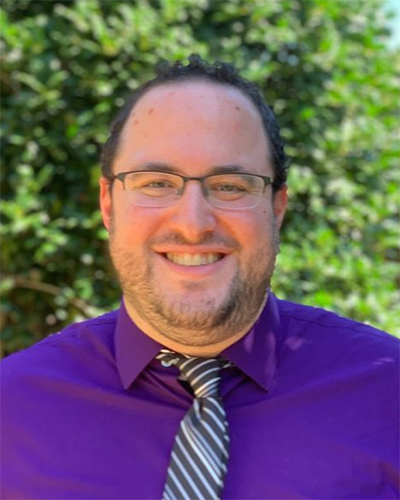DAN SERBER
Capstone Project Committee: Rachel Mills, M.S., CGC; Jianping Sun, Ph.D.; Tim Wiltshire, Ph.D.
The delivery of pharmacogenomic services have the potential to utilize the inherent expertise of several healthcare fields and benefit from interdisciplinary cooperation. Given their expertise in genetics and health communication, genetic counselors are well-suited to be part of the interdisciplinary offerings of pharmacogenomic testing and results integration. The Practice Based Competencies for Genetic Counselors outlined by the ACGC were revised in 2013 to specifically reference pharmacogenetics as a core concept of genetics and genomics. However, the depth or impact of provided content in genetic counseling programs is unclear. As such, our study aimed to assess the perceived effectiveness of pharmacogenomics training as reported by the self-reported confidence and opinions of current genetic counseling students. Overall, 98% of genetic counseling students in their second year or beyond reported exposure to pharmacogenomics content in their curriculum, and this experience was associated with greater levels of confidence in their related skills and abilities. Students with training in pharmacogenomics were significantly more likely to express confidence in their ability to understand (p=0.003) and explain the results of pharmacogenomic testing to their patients (p<0.001), than those who had not encountered that content. When compared to previously published data from a cohort of pharmacy students who also received pharmacogenomics training, the genetic counseling students showed similar trends. When exposed to pharmacogenomics training, students in both groups reported significantly greater confidence in their knowledge and skills related to the topic. However, larger proportions of the pharmacy student population reported familiarity with pharmacogenomics resources (50%) and ability to explain testing results (63%) than genetic counseling students (34% and 58%, respectively). Therefore, the identification of pharmacogenomics resources and other experiential learning activities related to communication of pharmacogenomics may be areas from which genetic counseling students could benefit from additional exposure. Altogether, our data suggest that genetic counseling students see pharmacogenomics as an important aspect of their future career, and that the training they received made a measurable impact on their perceived ability to engage with the topic in the future.
